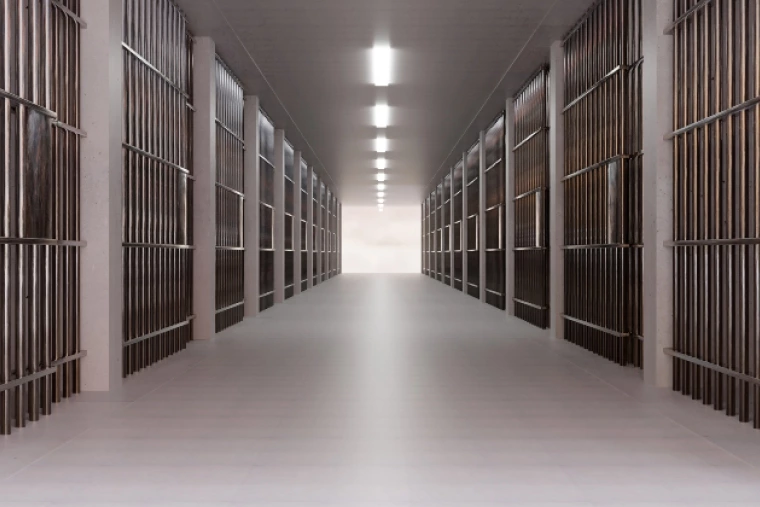Student-Led Program Puts Wrongful Convictions in the Spotlight
By a recent accounting, the National Registry of Exonerations lists 3,200 individuals nationwide who were convicted of a crime and later exonerated because they were innocent. That list includes Jabbar Collins and Felipe Rodriguez, who recounted their experiences as exonerees during a panel program at St. John’s Law this fall.
The event was a highlight of the Law School’s Pro Bono Week, programming presented annually by the Public Interest Center and its affiliated Public Interest Law Student Association (PILSA) to mark the National Celebration of Pro Bono. “As they started to envision the slate of offerings for this year’s Pro Bono Week, the PILSA students were eager to spotlight the issue of wrongful convictions in our country,” says Director of Public Interest Programs Ashleigh Kashimawo. “Although it was a big undertaking, the program they put together was an even bigger success, thanks to the students’ hard work and determination.”
Leading that effort were Cesar J. Herrera Campos ‘23 and Rebecca Goldberg ’24, PILSA’s Co-Directors of Events. “It was wonderful to see this program come together,” Goldberg says. “The individuals who are involved in wrongful convictions work are so incredibly passionate about what they do. Cesar would reach out to one person, and that person would suggest two or three other people to come and speak. So, in many ways, the event planned itself because the speakers were all so driven to come and share their experiences.”
Coordinating the program with Goldberg, other PILSA students, and the exonerees was “Incredibly fulfilling,” says Campos, who came away with a deeper understanding of the impact that wrongful convictions have on individuals and society. “There is a school of thought that wrongful convictions are few and far between and, when they do happen, it’s simply the price to be paid for an effective, punitive legal system. It’s not until you listen to Felipe Rodriguez and Jabbar Collins that you understand the gravity of what the system did to these two men, as well as countless others. Both were incredibly passionate and forthcoming. It’s my hope that someone who attended the program, who may have been stuck in the fairytale of a ‘perfect’ criminal law system, was made aware of the harsh realities.”
As she reflects on the event, Goldberg also sees the lessons it—and the broader Pro Bono Week—offered St. John’s aspiring lawyers. “When people hear ‘pro bono,’ they might think of private attorneys taking on a case here or there free of charge, not necessarily the work of attorneys in traditional public interest positions. But I think that is what makes pro bono work so important. There will always be students, and ultimately attorneys, who prefer secured transactions to public defense. But that doesn’t mean they can’t find ways to serve their community. Pro Bono Week helped me understand that pro bono work can be accessible to all attorneys regardless of the field you enter, as long as you’re willing to look for opportunities to make a difference.”

